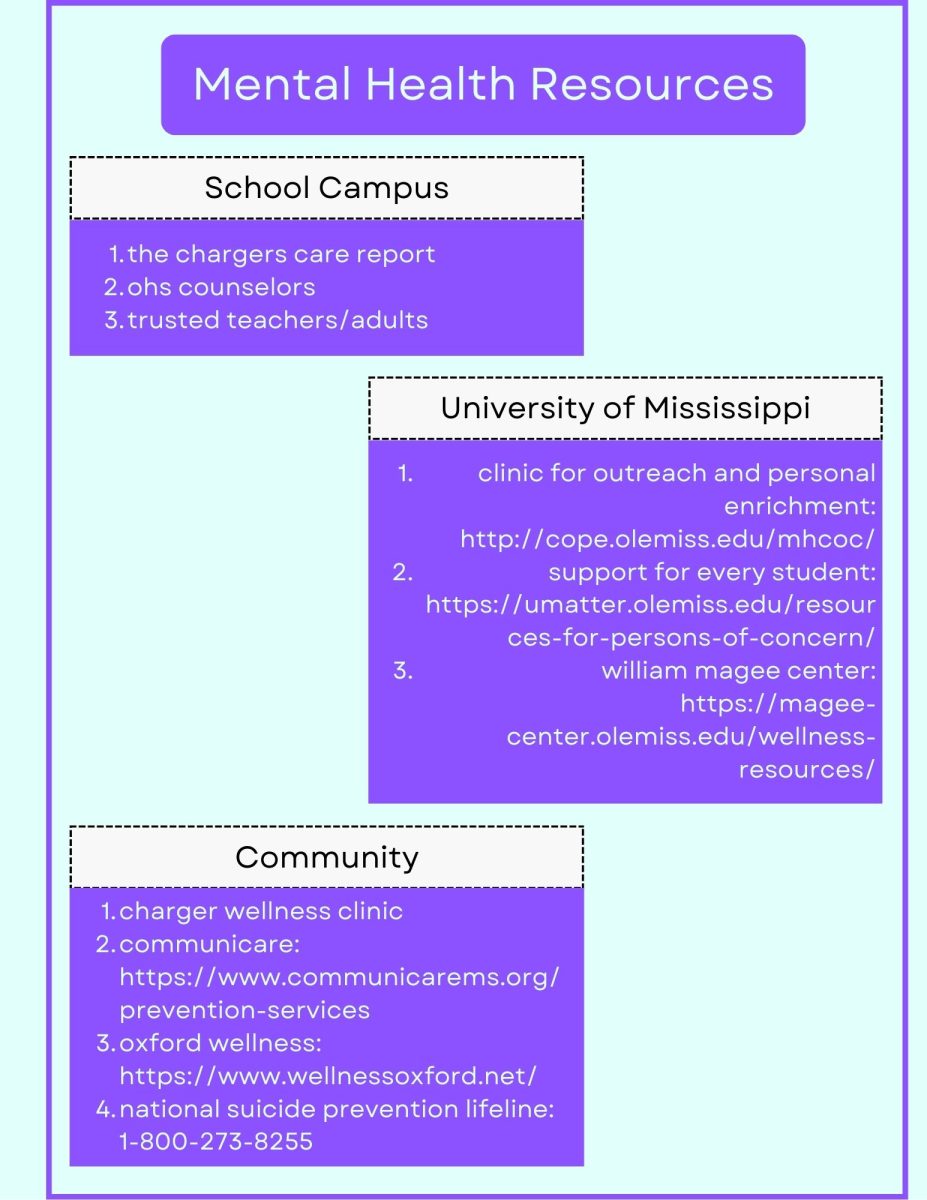Next Friday, students will be treated to a very much familiar sight, one that they have known since their days at Oxford Elementary School. Three-section cardboard displays, a variety of creative presentations bursting with color and words, and many different books, all lined upon the displays.
It cannot be mistaken. The Reading Fair is returning for its annual stay.
While it used to be compulsory activity for high schoolers in the past, it has now been delegated to an optional activity students can complete.
This year, after being contacted by Lynndy Hurdle, the OHS librarian, many teachers have decided to give the students an extra incentive to compete in the Fair. The specifics may vary in regards to the requirements, but all grant extra credit or a test grade.
Projects will be evaluated by judges who will review different stylistic and compositional aspects of the project then assign placings. Those who make the top placements will have the option to move onto the state level.
One teacher that is granting an opportunity for extra credit is U.S. and World History teacher Mylene Cromwell. A test grade will be offered for those of her students that enter a historical nonfiction book in the reading fair.
She is doing this to get students to dip their feet in reading historical nonfiction and breed a better understanding of the historical periods discussed in class.
“I hope it will encourage my students to read more historical books and biographies,” Cromwell said. “It is a great way for everyone to have equal opportunity to earn extra credit.”
English teacher Amanda Witt is also on board with the reading fair, offering a test grade to her students if they do a good job on their project. She wants to use it to promote more reading and creativity among her students.
“The reading fair provides an opportunity for the to get involved at school and put their creative talents on display” Witt said.
Hurdle is very enthusiastic about the book fair and sees it as good opportunity for the students to express their creativity and open new doors for other students in reading.
“It’s good to find a book you like and promote it,” Hurdle said.
Along with having creative benefits, the reading fair can also help academically by promoting literary analysis and delving deep into literature.
With the added extra credit, Hurdle hopes that more students will be encouraged to participate.
Student projects are due on the 20th of November, the day students leave school for Thanksgiving break.








